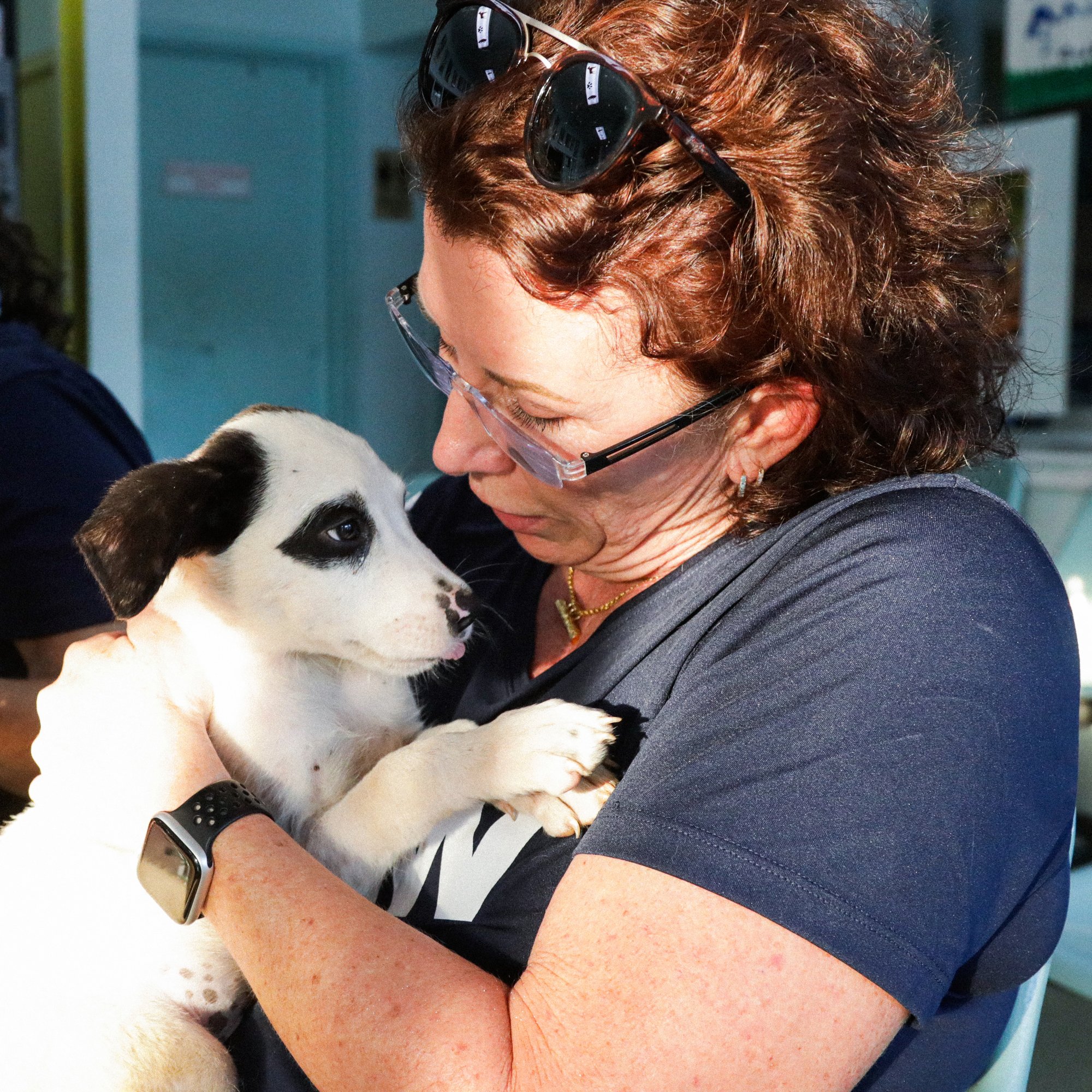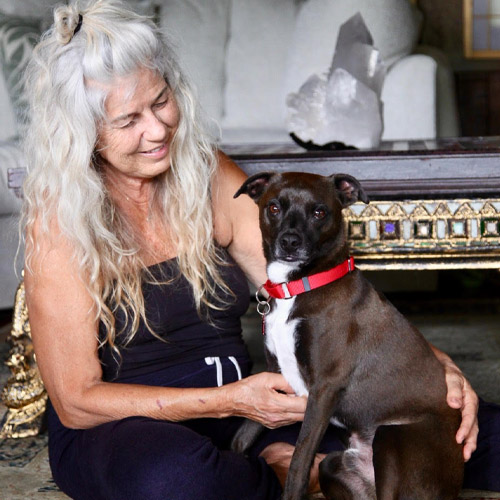PLAN A LEGACY OF GOOD
PLAN A LEGACY OF GOOD
If you are working with an attorney or estate planning professional, the following information can be included in your bequest or beneficiary documents to designate a gift to Greater Good Charities:
Our Tax ID Number: 20-4846675
Our Mailing Address:
C/O: Accounting
PMB 138
1700 7th Ave., Suite 116
Seattle, WA 98101
A legacy gift to Greater Good Charities is an easy way to leave a lasting impact to protect people, pets, and the planet. By planning a future gift to GGC, you are ensuring that our work will continue through our programs and initiatives. Your commitment to protect the vulnerable populations, homeless pets, and threatened species will be honored and sustained with your planned gift.
- Determine the Greater Good Charities programs you wish to support and the property you expect to be available for those gifts.
- Consult with an attorney who regularly prepares wills, trusts, and other estate planning documents.
- Contact our Director of Donor Engagement to discuss your planned gift to Greater Good Charities. She can help make sure your gift will be used for your chosen purpose, or help you select how the funds can be used to make a difference in the lives of pets in need.
- Ask our Director of Donor Experience to provide you with sample bequest language to share with your attorney.
- Provide our Director of Donor Experience with a copy of the relevant provision from your will or trust benefiting Greater Good Charities. This information will be kept on file and remain confidential. Planned gifts may remain anonymous by request.

Manager, Development Operations
If you have any questions, please don’t hesitate to email: DebraParsons@greatergood.org
If you want to control the disposition of your property at death, you need to have a will or a trust to direct how and to whom your property is to be distributed. In your will, you can also name a person or company to administer your estate and someone to serve as a guardian of minor children. If you do not have a will, state law determines to whom your property is given – with no provisions for gifts to friends or charities.
A gift in your will can be:
- A specific dollar amount or a specific asset.
- All or a percentage of the “residue” of your assets (what is left after you have made other gifts).
- Unrestricted or Restricted (used for a particular purpose).
- Structured to provide lifetime income to family before the gift is available for use by GGC.
- Contingent (gift is made only if specific conditions occur, e.g., your spouse has died before you).
- Revocable (Can be changed by you at any time).
We highly recommend that you work with an attorney to craft a legal document that outlines your wishes, including your charitable bequests. Here are Sample Bequest Language that will hopefully guide as you make your legacy gift plan.
Planned Giving with Greater Good Charities
GGC uses gifts from estates as the donor directs. Often bequests are made to establish a named endowment in honor of the donor or others. Endowments are permanent funds designed to provide a perpetual source of annual support for a designated purpose, such as program support, operations, staffing, infrastructure improvements and facility upgrades. Bequests can also be designated for current use, which makes the entire gift available for use immediately.
Charitable gifts from estates present a variety of tax planning opportunities. But unlike charitable gifts made during your lifetime, you do not receive a current charitable income tax deduction. However, if your estate is subject to estate tax, a bequest to GGC entitles your estate to an estate tax charitable deduction for the amount donated, and reduces the amount of tax your estate must pay. Note also that if you make a gift by naming GGC as a beneficiary of your retirement plan or IRA, there are income tax benefits. Please advise with your financial planner or attorney for your individual planned giving.


